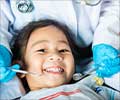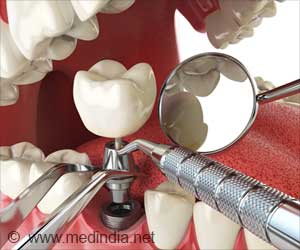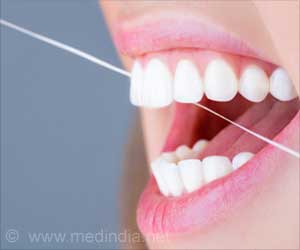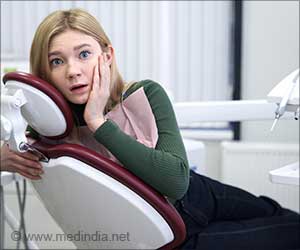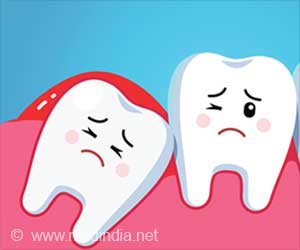According to the National Oral Health Policy draft in 2018, oral diseases have been the most prevalent disease group for around three decades in India, making it a silent epidemic.

‘Indians should brush twice to maintain critical oral health especially during this COVID-19 pandemic.’
Read More..




Dr. Surbhi Wadhwani, Oral Pathologist and Implantologist at DocVita said that despite the unavailability of eatery joints and restaurants, the consumption of junk increased during the lock-down. Read More..
"Due to the lock down, people started consuming home-made junk food, which contributed to the deterioration of their oral health. They resorted to binge-eating while spending maximum time on the internet watching web shows and series. The mandatory hygiene practices took a backseat.
Many people developed cavities and tooth pain, leading to an increase in root canal treatments. Since people could not visit us in person for these problems, we resorted to online video consultations and helped them with home remedies and, if needed, prescribed antibiotics to get relief from tooth-related problems."
She also said that the increase in cigarette and tobacco consumption during Covid-19 increased, amplifying the oral issues. "COVID-19 has not only affected one's mental health, but also caused changes in their eating habits and the oral care routine.
This stress has also led to increased tobacco chewing and cigarette smoking habits. Due to this, people suffered from oral health problems such as the sensitivity of teeth, and bleeding of gums," Dr. Wadhwani added.
Advertisement
Dr. Dutta also observed that the dearth of dental services elevated such oral health issues. "In the last three months, the dental clinics were closed, and people could not take proper dental care like treating cavities or cleaning of teeth. Even now, dentists cannot treat half of their patients despite the resumption in services as fear of COVID-19 reigns.
Advertisement
The increase in COVID-19 cases had stalled many essential health services. The major fatality of this pandemic was borne by dentistry as it requires working in close proximity with the aerosols generating elements.
Dr. Garima Yadav, Senior Consultant, Dental and Maxillofacial Surgery, Medeor Hospital, New Delhi, said that the follow-ups to the patients of corrective surgeries had completely stopped creating oral health issues to them.
"Our exclusive patients related to teeth correction and aesthetics are entirely avoiding a visit to us. The follow-ups to surgical patients have been stopped as they moved to their native places during the lock down. This situation has delayed the overall treatment.
The procedures like braces in children usually take about a year and have been further delayed by five to six months, at least. It is becoming a serious problem because I'm receiving complaints of the gum-swelling as the braces get loose, leaving space for the food, which is stuck in the gap and leads to swelling.
Dr. Rahul Kumar Singh, a dentist at the Government Institute of Medical Sciences in Noida, said that with dentists across the country postponing elective procedures and carrying out only emergency interventions, the onus is on the individuals to care for their oral health.
"Majority of Indians are poor in practicing oral hygiene. They do not even care to brush twice, which is mandatory to maintain critical oral health. However, it is high time that they start practicing," he suggested.--IANS
Source-IANS







